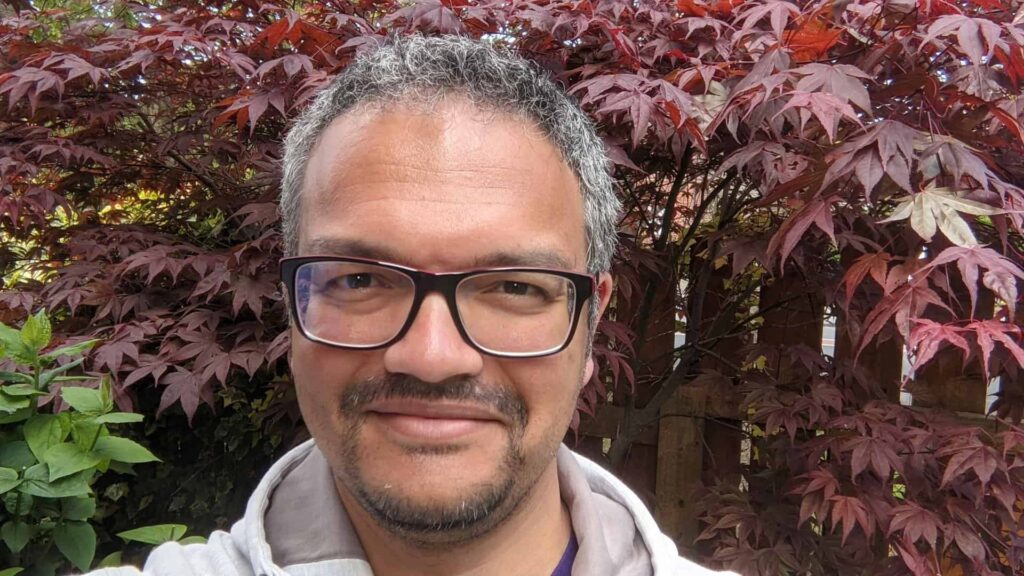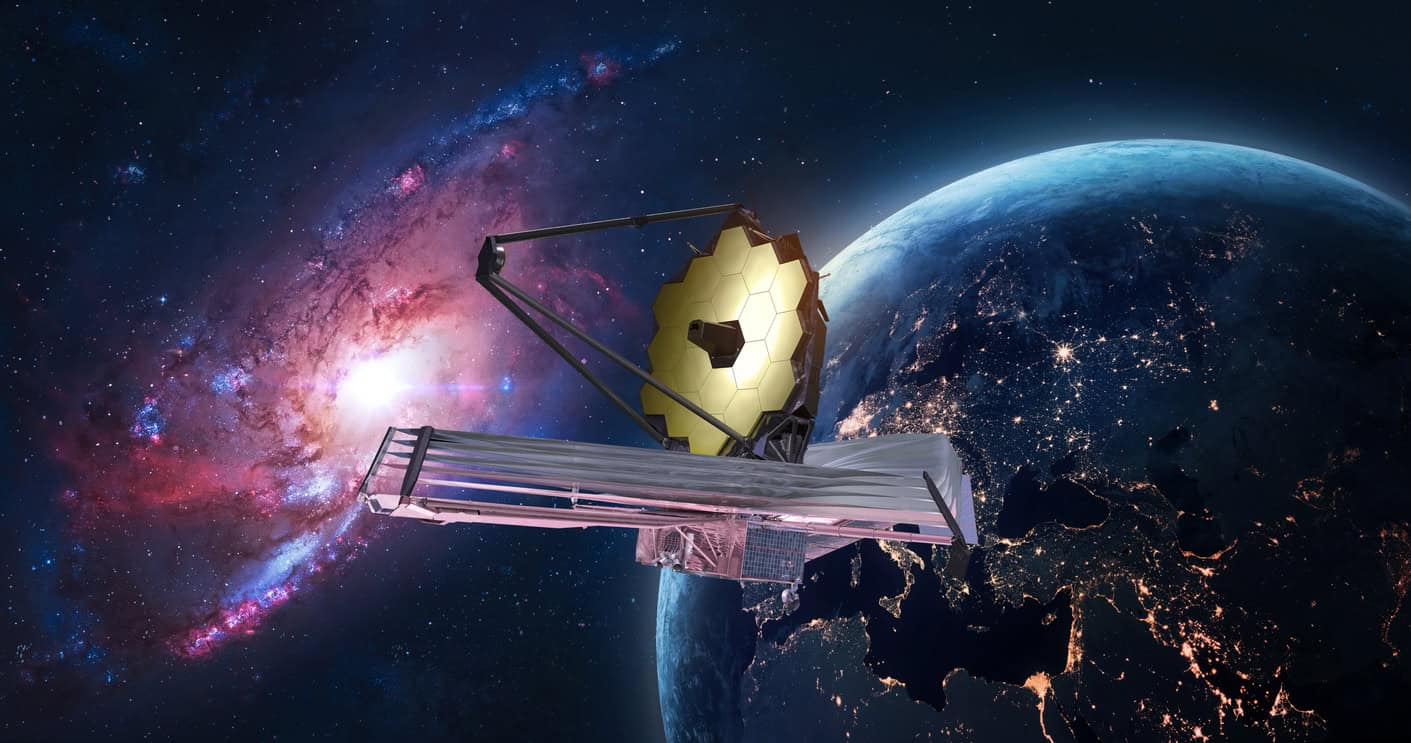
Dr David Rosario is an observational astronomer.
He studied engineering as an undergraduate, before moving to a graduate programme in astronomy. He is now a Senior Lecturer in Astrophysics at Newcastle University, examining the relationship between galaxies and supermassive black holes.

“If you have a passion for space, you never lose it. It brings out a great deep-seated joy, and an interest in the world and the universe you live in.
It’s always there within you.
There are many ways to contribute. A lot of space-related work is done with the support of people in other fields. So if you’re unsure of your path, you can still explore careers outside – and come back later with experience in engineering, law, policy, weather, geology and earth sciences.
The space industry is a big, all-encompassing thing, and we’ll continue to involve all sorts of people to progress what we know and do.
Even as a child, I was always interested in astronomy. So many children are, particularly now. I did my undergraduate degree in engineering, but I realised I much preferred the fundamental parts of what I was studying to the applied parts. After I finished the degree, I applied for graduate programmes in astronomy and got lucky.
It’s been a challenge to get to this point, but it’s a very supportive, collaborative field. There aren’t that many astronomers on Earth, and it’s not a job you do to make big bucks. You do it for passion, and you have to be creative all the time. But it puts you in touch with some of the most amazing science that’s being done by humanity today.
It’s only in the last 20 years that we’ve gone from knowing about the planets in our Solar System to the thousands and thousands outside it – and actually capturing them as images.
Telling that story gets a lot of people interested. It gets them reflecting on what we think about our Earth and thinking that maybe some life-giving capacity exists in other areas of the universe. That there may be civilisations out there thinking and doing the same things.
Our view of the universe today has changed. We don’t think the universe expanded in the same way that we did in the 1970s.
For example, when I was in grad school, supermassive black holes were oddities that weren’t meant to matter much in the grand scheme of things. But recently I went to a meeting where people were studying the evolution of galaxies, and pretty much everyone was talking about the importance of supermassive black holes.
I’m one of the 22 UK astronomers that got time to use the James Webb Space Telescope in its first year of operations. We wanted to look for these supermassive black holes that produce a lot of energy. They’re like batteries that can feed energy back into galaxies.
Using the James Webb Space Telescope, we can see flows of dust all the way from the black hole. Space is full of dust, and we can see that material blown out of the black hole.
This telescope has completely changed the rules about studying galaxies. We’ve moved from digging around in the noise and struggling to pick out detail, and now there’s so much complexity to the new data.
It’s all spectacular stuff, and I’m thrilled to look at this data every day.
